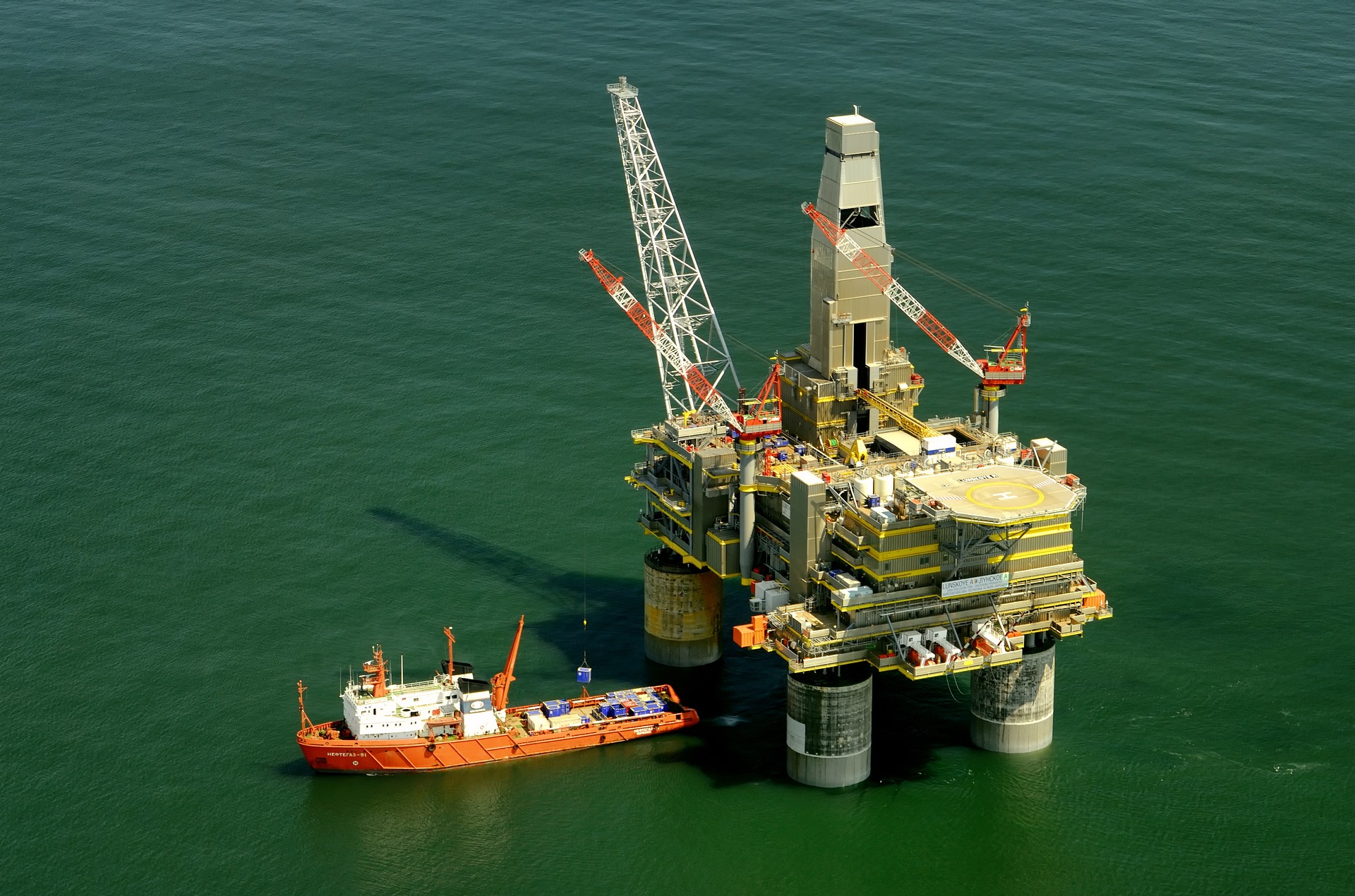Offshore Oil Careers: Navigating High-Seas Opportunities
Embark on a journey through the dynamic world of offshore oil careers. Discover the diverse roles, essential qualifications, and unique lifestyle that define this challenging yet rewarding industry. From entry-level positions to specialized technical roles, explore how your skills could propel you into a high-stakes career on the open seas. Uncover the realities of rig life, potential earnings, and the evolving landscape of offshore energy production in this comprehensive overview.

The offshore oil industry presents a unique frontier for career seekers, offering a blend of adventure, technical challenge, and potential for substantial financial rewards. However, it’s crucial to understand that this overview provides general career information rather than specific job listings or guarantees of employment.
Diverse Roles in a Floating Workplace
Offshore platforms are like small, self-contained cities at sea, requiring a wide array of professionals to keep operations running smoothly. While not an exhaustive list, some key roles include:
- Roustabouts and Roughnecks: Often considered entry points, these positions involve physical labor and basic rig operations.
- Drillers and Derrickhands: More experienced roles focused on the core drilling activities.
- Engineers and Geologists: Specialized positions requiring advanced education and expertise in resource extraction.
- Support Staff: From cooks to medics, various roles ensure crew welfare and rig functionality.
Each position contributes to the complex ecosystem of an offshore operation, where teamwork and adaptability are paramount.
Charting Your Course: Qualifications for Offshore Work
Entering the offshore oil industry typically requires a combination of education, certifications, and personal attributes:
- Safety First: Industry-standard safety certifications are non-negotiable. OPITO-approved courses are widely recognized.
- Physical Readiness: The demanding nature of offshore work necessitates good health and fitness.
- Technical Prowess: Depending on the role, technical skills ranging from mechanical aptitude to advanced degrees may be required.
- Offshore Experience: While some entry-level positions exist, many roles prefer candidates with prior industry exposure.
- Communication Skills: Proficiency in English is often essential for international operations.
- Psychological Fortitude: The ability to thrive in isolated, high-pressure environments is crucial.
The Ebb and Flow of Offshore Life
Working on an oil rig offers a distinct lifestyle with its own set of advantages and challenges:
Potential Benefits: - Competitive Compensation: The industry often offers attractive salaries and benefits packages. - Extended Leave Periods: Rotational schedules can provide significant time off between shifts. - Global Exposure: Opportunities to work in various international locations may arise. - Professional Growth: The industry can offer paths for skill development and career advancement. - Close-Knit Community: The shared experience of rig life often fosters strong professional bonds.
Notable Challenges: - Separation from Home: Extended periods away from family and familiar surroundings can be emotionally taxing. - Environmental Extremes: Offshore work often involves exposure to harsh weather and potentially hazardous conditions. - Limited Personal Space: Living quarters are typically compact and shared with colleagues. - Intense Work Schedules: 12-hour shifts for consecutive weeks are common. - Ongoing Safety Vigilance: The nature of the work demands constant attention to safety protocols.
Financial Considerations in Offshore Careers
While offshore oil jobs can be financially rewarding, it’s important to note that salaries can vary widely based on factors such as specific role, experience, location, and market conditions. The following table provides a general overview of potential salary ranges, but should not be considered as guaranteed earnings:
| Position | Experience Level | Estimated Annual Salary Range (USD) |
|---|---|---|
| Entry-Level (e.g., Roustabout) | Beginner | $40,000 - $60,000 |
| Mid-Level Technical (e.g., Driller) | Experienced | $80,000 - $130,000 |
| Specialized Professional (e.g., Engineer) | Advanced | $100,000 - $180,000+ |
| Senior Management (e.g., Rig Manager) | Veteran | $120,000 - $200,000+ |
These figures are approximations and may not reflect current market rates. Independent research and consultation with industry professionals are recommended for the most up-to-date information.
The Horizon: Future Prospects in Offshore Energy
The offshore energy sector is undergoing significant transformation, influenced by technological advancements, environmental concerns, and shifting global energy demands. Key trends shaping the industry’s future include:
- Technological Integration: Increasing automation and digitalization are creating new roles in data analysis, remote operations, and advanced system management.
- Renewable Synergies: Skills from traditional offshore oil work are becoming valuable in the growing offshore wind energy sector.
- Enhanced Safety Focus: Ongoing developments in safety protocols are generating specialized roles in risk management and compliance.
- Decommissioning Expertise: As older facilities reach the end of their operational life, skills in environmentally responsible decommissioning are in growing demand.
- Adaptable Skill Sets: The industry increasingly values professionals who can navigate both traditional and emerging energy technologies.
While the long-term trajectory of the oil and gas industry faces uncertainties due to global shifts towards renewable energy, offshore expertise remains crucial in the broader energy landscape. For those prepared to embrace its unique challenges, the offshore energy sector continues to offer compelling career opportunities at the forefront of global resource management and technological innovation.
This overview aims to provide a balanced perspective on careers in the offshore oil industry. Potential entrants should conduct thorough research, consider personal goals and lifestyle preferences, and stay informed about industry developments to make well-informed career decisions.






